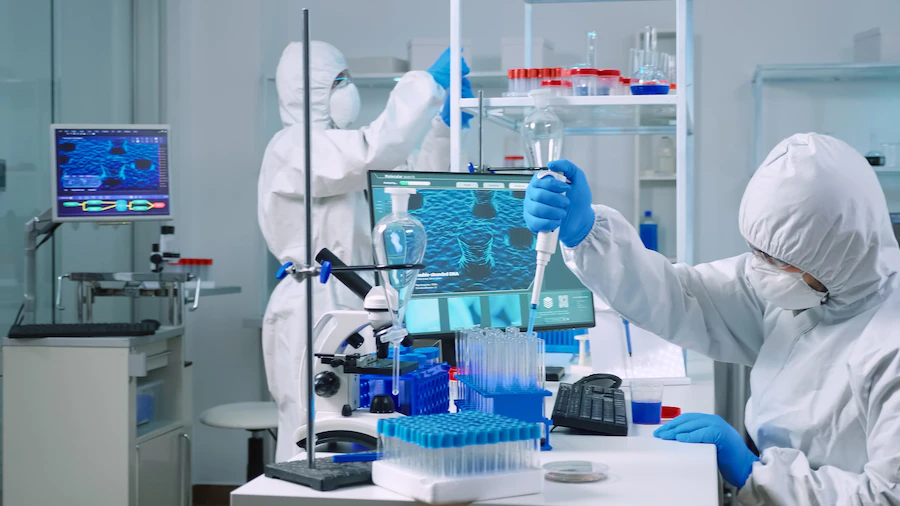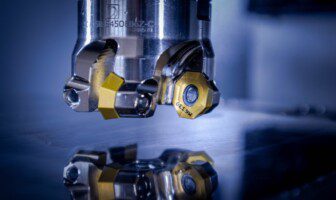
The drug discovery process has undergone a sea change due to molecular and systems biology advancements. This significantly expands the potential for tailored medicines to change illness. For any kind of drug development in Biopharma.
This shift in focus from disease mechanisms to systems treatments has profound implications for the future of medicine.
This will significantly alter the functions of healthcare workers and their ability to work together and drug development patient insights.
Future Perspectives Of Drug Development In BioPharma
Many aspects of the pharmaceutical industry are peculiar and set it apart from the typical image of an industrial sector.
While it is undeniable that the business has improved people’s lives and reduced suffering for over a century, public opinion polls consistently rank it as one of the least trusted, with frequent comparisons to the nuclear industry.
It’s widely believed to be extremely lucrative, despite being one of the most dangerous industries to put money into drug development.

Mergers & Acquisitions and Venture Capital Trends
Mergers and acquisitions (M&A) and venture capital investments have increased as the pharmaceutical industry (with biologics contract development and manufacturing organization),
And healthcare industries have felt pressure to become more open and adopt digital technologies. For innovative drug design, and collaboration with the capital, trends are always popular.
For example, drug development and medicine are repurposing to become increasingly popular. But supply chains are evolving towards a ‘just-in-time’ reaction to individualized consumer treatments. For instance, Alexion Pharmaceuticals (AstraZeneca) bought Caelum Biosciences in a 100% acquisition for USD 500M.
Collaborating With Other Organizations To Gather ‘Unconventional’ Data Sources May Rise in Importance
More biopharma businesses and drug development investigate health information supplied by apps, wearables, and other non-traditional sources. RWD obtained from these sources could give biopharma businesses a unique view into the course of diseases, treatment paths, and patient outcomes.
Most professionals also believe strategic data collaborations may considerably affect the future data landscape. This includes pharmaceutical partners and due diligence consulting professionals from the industry.
A Shift In The Power Structure
The beneficial drug discovery, development, and distribution pipeline fragmentation may shift the industry’s power dynamic and open the door for new players to succeed where there were previously high hurdles to entry.
Nimbus Therapeutics, Puma Biotech, Blueprint Medicines, and Recursion Pharmaceuticals are just a few examples of new, well-funded biotech startups rapidly expanding their presence in the international arena.
CEOs of such businesses have witnessed a surge in interest from individual and institutional financiers.
The value of acquisitions for biotech and pharmaceutical companies has allegedly surpassed $146 billion within the first two months of 2019 in the U.S., according to The New York Times (paywall), which is more than what was announced in all of 2018, 2017, or 2018.
“Acquisitions of American biotech companies are soaring, and so are the prices that buyers are willing to pay,” the New York Times reported.
Therefore, drug development companies of big pharma may try to maintain their dominance by paying too much for promising biotech startups, creating space for upstarts.
Wearable Gadgets Taking Over
Wearable technologies such as smart watches, jewelry, and wristbands are an elegant way to keep track of the time or remain current with the most recent news, but they may also be used to monitor one’s health and well-being.
Wearable technologies in healthcare include multiple types of electronic devices. These devices are not only monitoring heartbeats. For well-being, these wearable gadgets are always the most popular ones. But very few gadget manufacturers are now producing smart wearable gadgets.
This gadget’s manufacturing cost is not very high. Only have to wear this gadget, and your gadget will let you know when you have to take precautions and how your heat is running. And let you know when you have to take a step.
Wearable technology in healthcare includes electronic devices that consumers can wear, like Fitbits and smartwatches, and are designed to collect data on users’ personal health and exercise. These devices can even send a user’s health information to a doctor or other healthcare professional in real-time.
🧪Finishing Up
To realize systems therapies’ potential, experts in domains as diverse as engineering, computer sciences, and robotics will need to work alongside those in the pharmaceutical, biological, and medical sciences. For any kind of development and therapy, these tips will give you a better idea of how your drug development process should go. In this whole process, the essential part of the game is your license. Yes, every biopharma company will need a license.
Additionals:




























